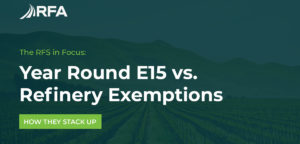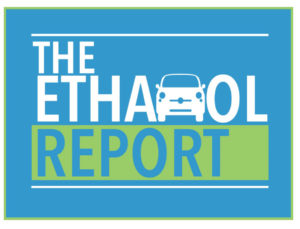 Benson Hill Biosystems has entered into a partnership with Brownseed Genetics, a Wisconsin-based seed breeder of new corn hybrids that are higher in both oil content and essential amino acids offering added value for farmers, ethanol and biodiesel producers.
Benson Hill Biosystems has entered into a partnership with Brownseed Genetics, a Wisconsin-based seed breeder of new corn hybrids that are higher in both oil content and essential amino acids offering added value for farmers, ethanol and biodiesel producers.
“Brownseed’s focus on varieties with both quality and productivity benefits can generate greater profitability for growers, livestock producers, and the ethanol industry,” said Matt Crisp, CEO and co-founder of Benson Hill. “Together, through this partnership, we will broaden the Brownseed portfolio so these hybrids can be grown across the Corn Belt.”
“For a small, family-owned company like ours to have access to the powerful technologies that Benson Hill offers would have been unthinkable only a few years ago,” said Charles Brown, CEO, Brownseed Genetics. “These advanced capabilities in predictive breeding and gene editing would have been available only to very large players in the seed industry, I’m pleased that Benson Hill is working with partners like us, across the food chain, regardless of size.”
Because Brownseed hybrids have higher calorie and nutrient content, they already enjoy steady growth in the livestock industry. With the E+™ hybrid, the company is targeting the corn-to-ethanol industry. After four encouraging trial runs of E+™ corn in research and commercial-scale ethanol plants, the company plans a major planting next year.
 Craig Ammann is a motorcycle enthusiast who has been going to the Sturgis Motorcycle Rally for about 15 years, but this year he has been able to work for the first time with the Renewable Fuels Association to help educate bikers about ethanol.
Craig Ammann is a motorcycle enthusiast who has been going to the Sturgis Motorcycle Rally for about 15 years, but this year he has been able to work for the first time with the Renewable Fuels Association to help educate bikers about ethanol.









